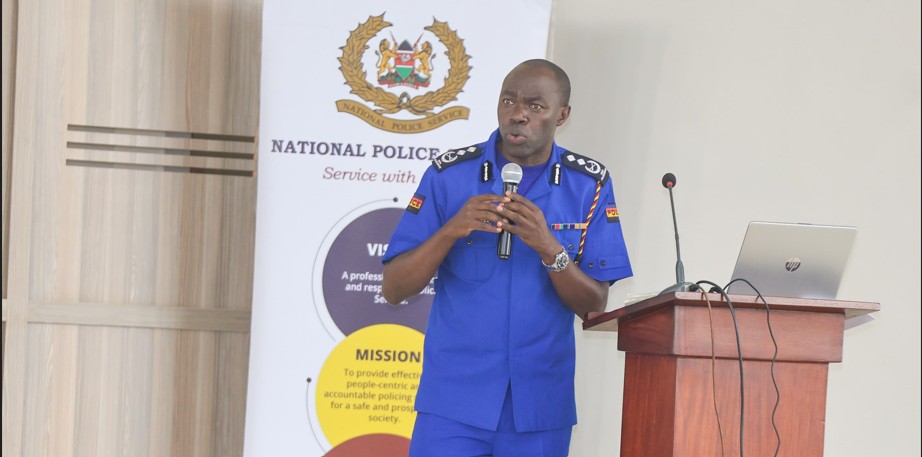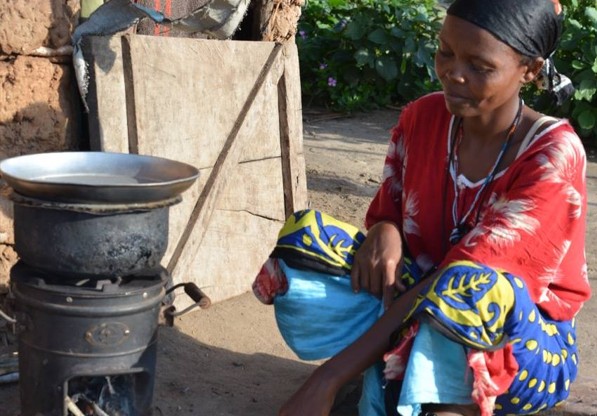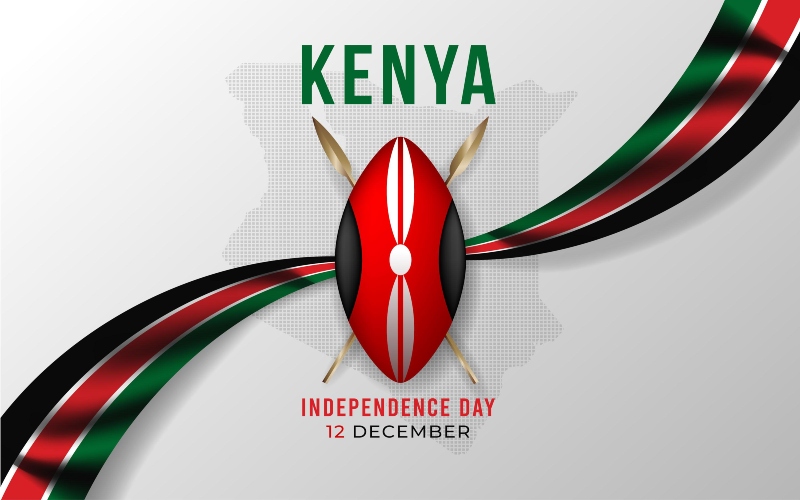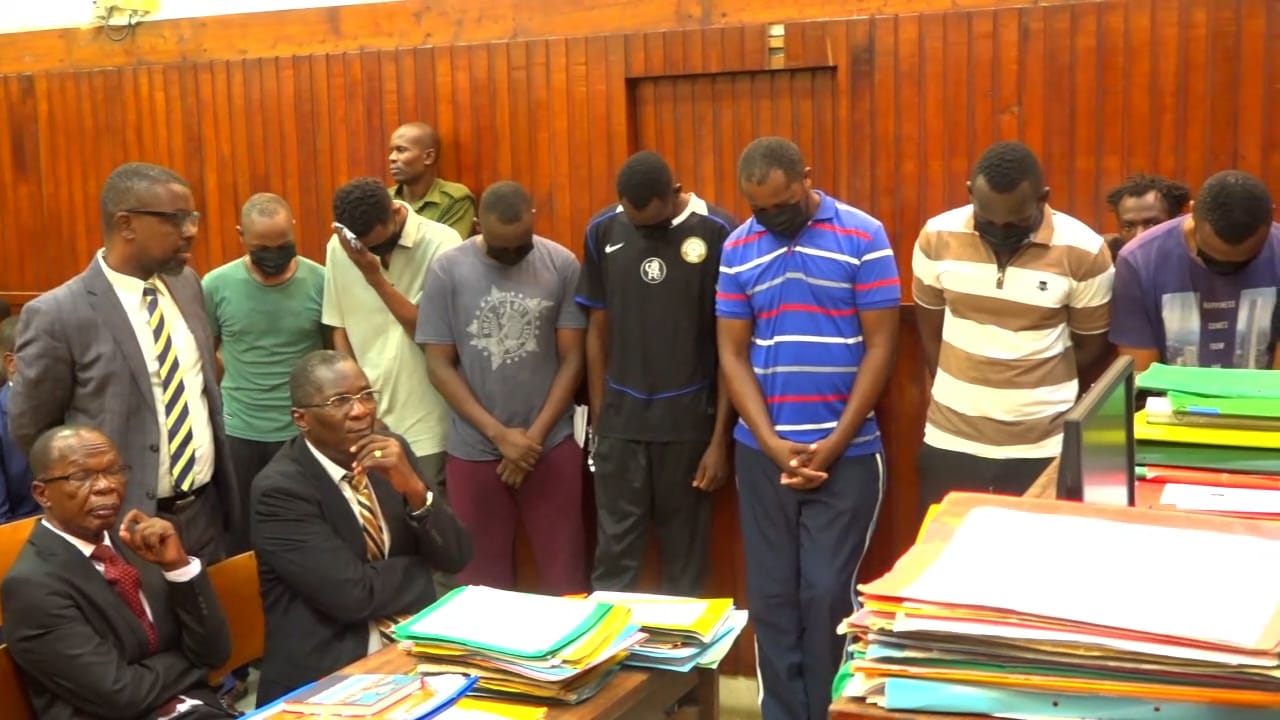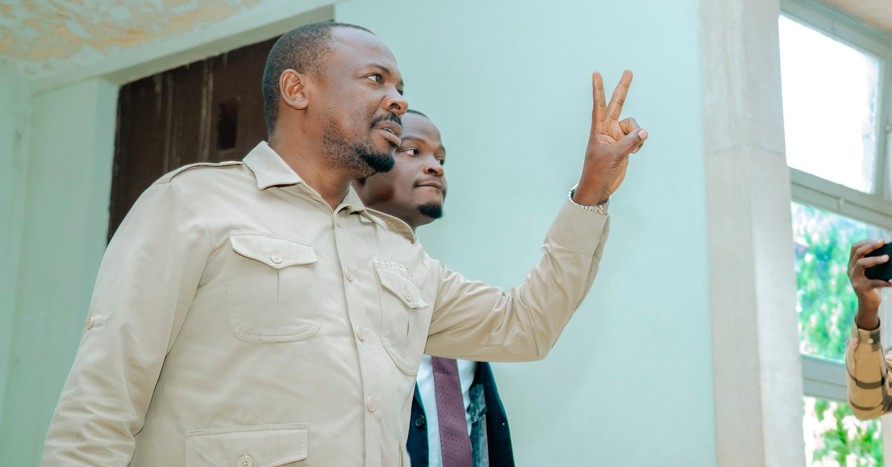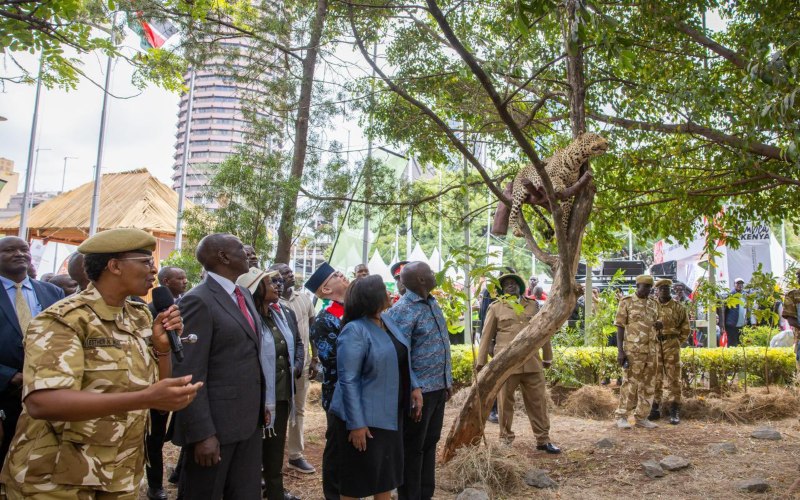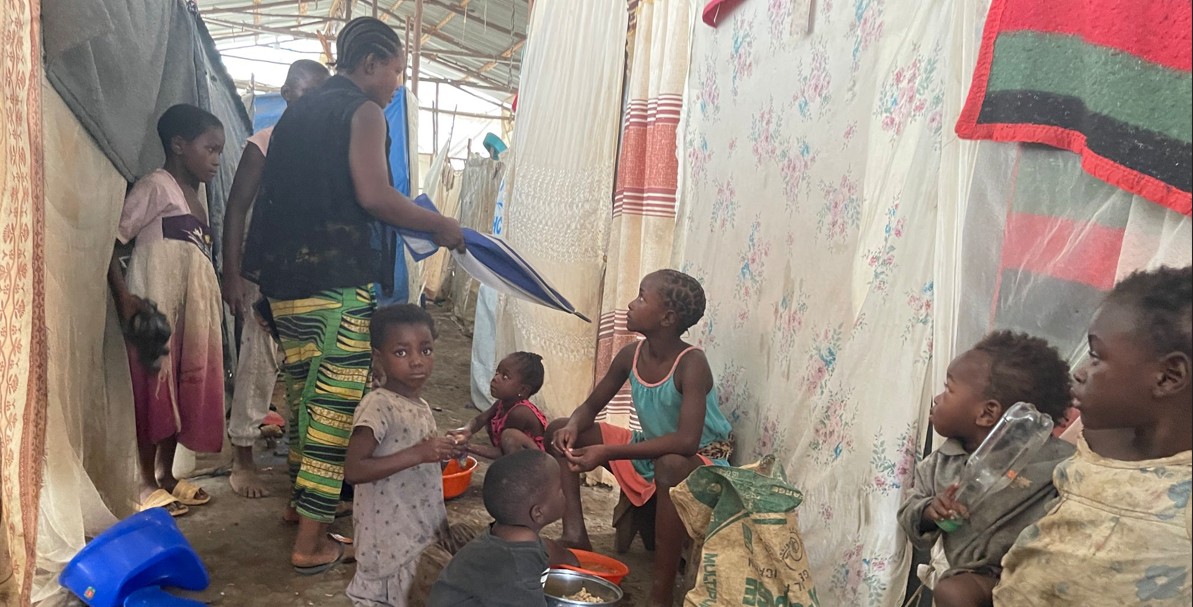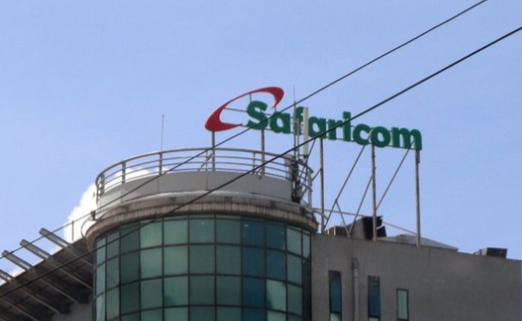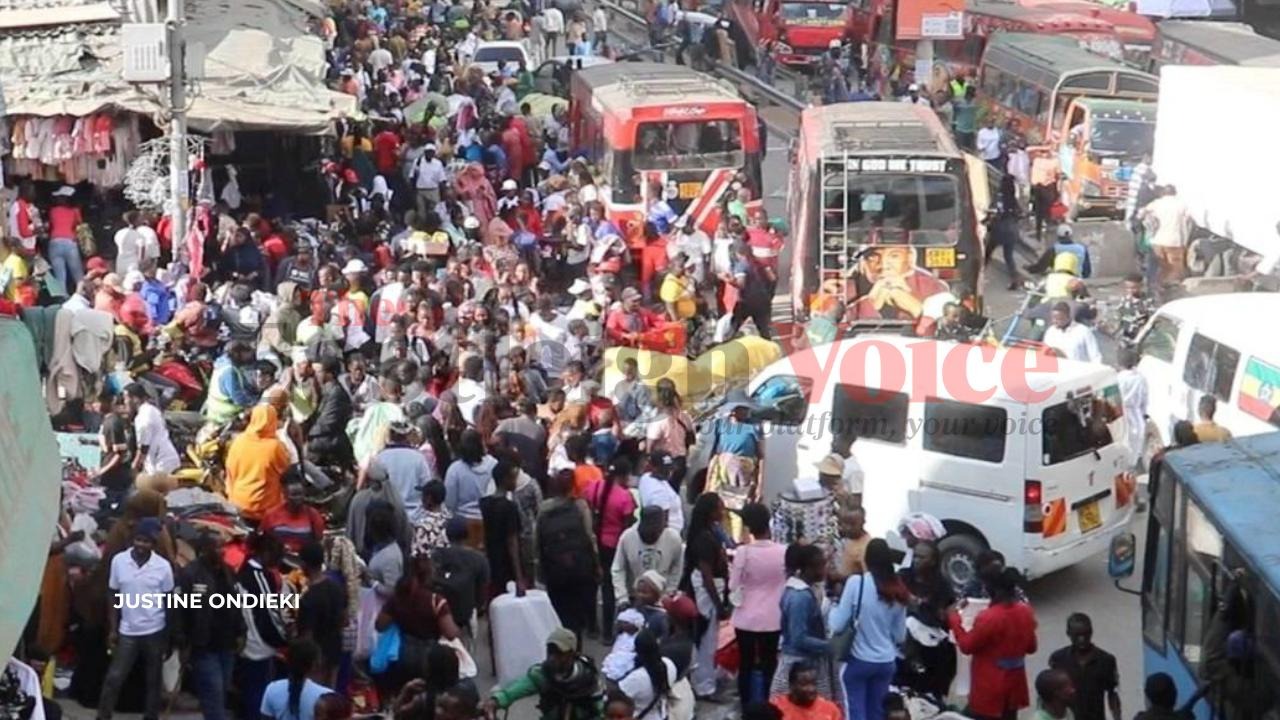WHO urges focus on surveillance amid Mpox vaccine shortages in Africa
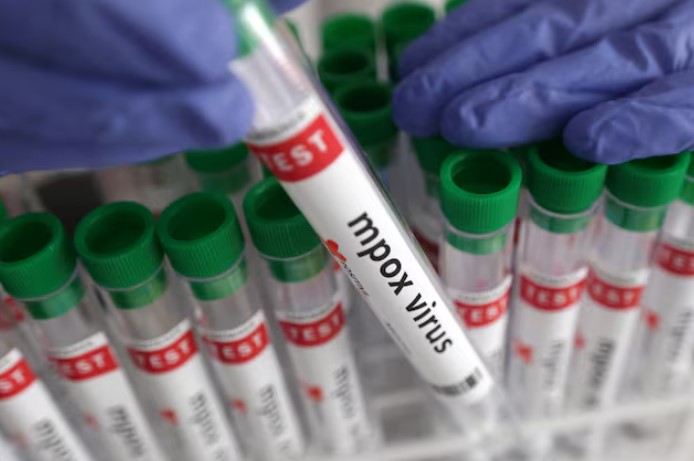
Kenya has reported its second case of mpox as the Ministry of Health intensified surveillance and border controls to contain the disease.
The World Health Organisation's Emergency Preparedness Response Team advises that, due to the shortage of mpox vaccines, countries should focus on integrated surveillance to manage and control mpox outbreaks.
In a special briefing on the mpox epidemic in Africa, WHO Regional Director for the DRC, Abdou Salam Gueye, highlighted the critical issue of vaccine shortages impacting the fight against mpox.
More To Read
- Traditional medicine is now a global reality: WHO
- Burundi closes border with DR Congo after M23 enters Uvira, sources say
- WHO warns tobacco use threatens fertility in men, women
- UN hails DR Congo-Rwanda peace deal amid ongoing hostilities in the east
- Scepticism grows over DR Congo-Rwanda peace deal
- Malaria: Drug resistance and underfunding threaten progress towards eliminating killer disease
“Vaccines and vaccinations are very important, and they’re a powerful tool to stop an outbreak. However, the quantity of vaccines is not enough and will not be sufficient in the coming months and even years. We should be thinking about strategies on how to deal with this.”
Gueye suggested that countries should prioritise strategies such as targeting vaccines to high-risk communities and individuals already infected.
“We can focus on vaccines, but we should not forget the other public health measures that have controlled outbreaks before vaccines existed. These measures can still control outbreaks even without a vaccine,” Gueye said.
He emphasised the importance of integrated surveillance, noting, “Integrated surveillance is an important aspect. Surveillance has improved over the years, from 21 percent to 80 percent.”
He advised using integrated surveillance systems and leveraging existing resources, such as polio surveillance, where many people and medical doctors are involved in monitoring. “Case management should be employed to address the cases effectively.”
Gueye also pointed out that early treatment of diseases helps reduce the risk of transmission. “Communities can stop outbreaks on their own if we inform them and provide them with the minimum they are asking for. They can halt the spread. Vaccines are important, but they’re not everything.”
Nigeria received 10,000 doses of mpox vaccines on Wednesday, becoming the first country in the African region to obtain these critical doses to combat the viral outbreak that has affected several nations and led to WHO declaring a public health emergency of international concern.
The Jynneos (MVA) vaccines, manufactured by Bavarian Nordic, were donated by the United States government. They will be deployed across five states with the highest burden of mpox cases, administered in a two-dose series to 5,000 individuals most at risk, including close contacts of infected individuals and frontline healthcare workers. There will also be provisions for reactive vaccination in additional states as needed.
“We are pleased to receive this initial, though modest, donation of the mpox vaccine, which is both safe and effective. We will continue to enhance our surveillance and remain vigilant in our efforts to control mpox. We also call on the global health community to expand access to vaccines,” said Muhammad Ali Pate, Nigeria’s Minister of Health.
Kenya is among five African countries slated to receive 50,000 doses of the mpox vaccine as part of a global initiative to curb the spread of the disease. This donation is being provided by Emergent BioSolutions through Direct Relief, a humanitarian organisation, in collaboration with WHO and the US government.
The other countries set to receive doses include the DRC, Burundi, Rwanda, and Uganda.
The Africa Centres for Disease Control and Prevention reported that, as of Thursday, more than 21,300 suspected or confirmed cases and 590 deaths have been reported this year across 12 African nations.
Kenya has reported its second case of mpox as the Ministry of Health intensified surveillance and border controls to contain the disease.
Other Topics To Read
Top Stories Today
